Heart and circulation news, features and articles
Latest about Heart & Circulation
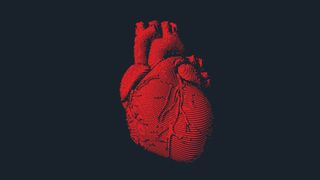
A rare genetic disease stained a woman's heart black
By Nicoletta Lanese published
An older woman had a relatively common heart problem, but it had a very rare cause.

How do fitness trackers measure your heart rate?
By Anna Gora published
Everything you need to know about photoplethysmography (PPG), the technology behind heart rate measurements in fitness watches and smart rings.
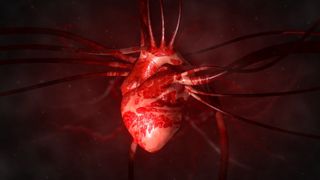
'Breakthrough' stem-cell patches stabilized woman's heart as she awaited transplant
By Jess Thomson published
A woman with heart failure was kept alive long enough to receive a heart transplant, in part thanks to newly developed stem-cell-derived heart tissue grafts.
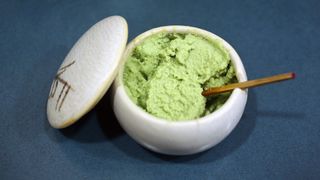
Diagnostic dilemma: A woman got 'broken heart syndrome' after eating too much wasabi
By Mindy Weisberger published
The patient was diagnosed with takotsubo cardiomyopathy, also known as "broken heart syndrome," which had an unusual cause.
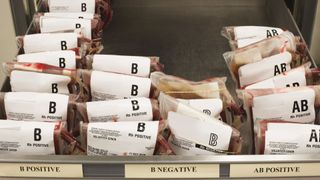
How many blood types are there?
By Marilyn Perkins published
Red blood cells are complex — there's much more to blood types than A, B and O.
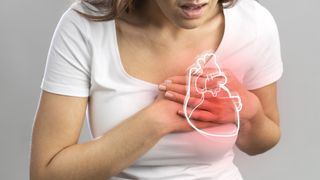
Women are at higher risk of dying from heart disease. Here's why.
By Amy Huebschmann, Judith Regensteiner published
Cardiovascular disease develops and presents differently in women and men. But medical guidelines are often based on studies that excluded women.

'Wake-up call': Women are more likely than men to die of complications after heart surgery
By Julie Goldenberg published
Complications that arise after surgery are more likely to be underrecognized and undertreated in women than in men, leading to higher death rates, new research suggests. Why?
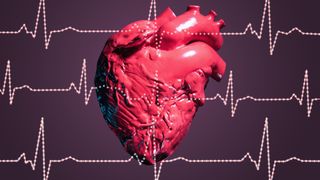
How many times does a heart beat in a day? What about in a lifetime?
By Mindy Weisberger published
Celine Dion sings that "my heart will go on," but how many times does it actually beat in a day or even a lifetime?

Paramedics may not all be using the best method for defibrillation, study hints
By Emily Cooke published
Positioning defibrillator pads on the front and back of the body, rather than on the front and side, could be more effective at treating cardiac arrests, new research suggests.

Heart attacks fell dramatically during the pandemic — and they're still dropping
By Michael Schubert published
Better prevention is driving down heart-attack rates in the U.S., but the sharp drops seen at the height of the pandemic were likely caused by people avoiding medical care.
Get the world’s most fascinating discoveries delivered straight to your inbox.
 Live Science Plus
Live Science Plus










